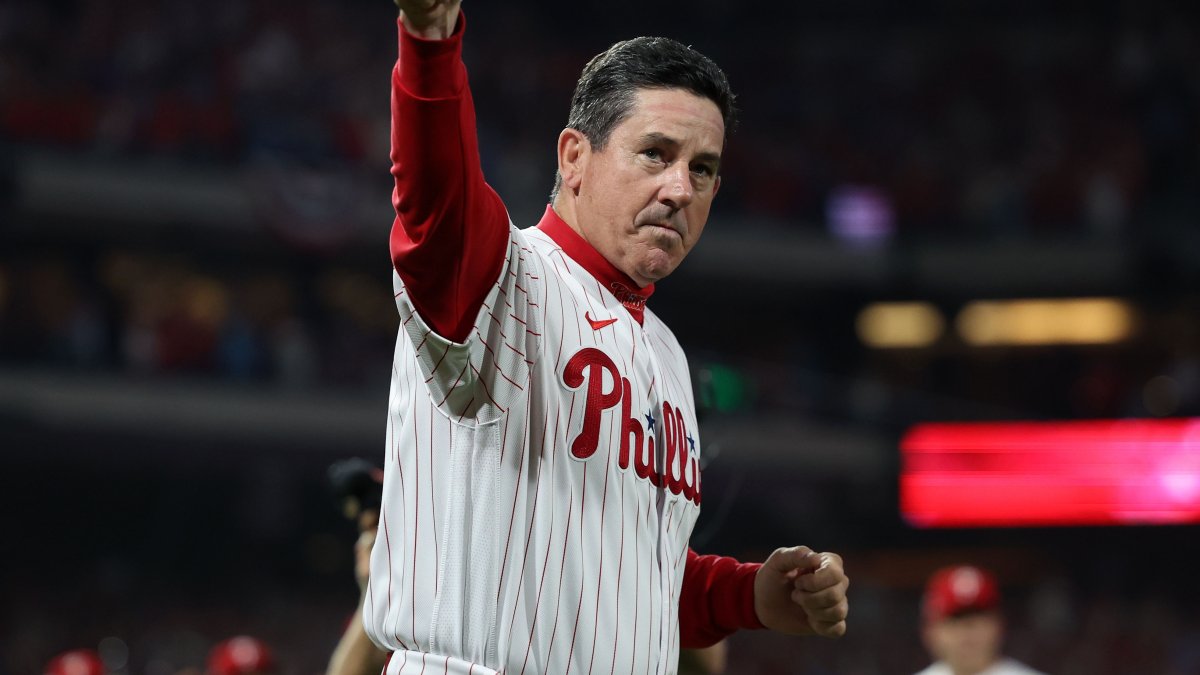Groups advocating for reduced plastics production published a report in Nairobi on Friday expressing strong criticism of plastic credits, arguing that they are a flawed tool that won’t effectively tackle worldwide pollution from the material. Break Free From Plastic and the Global Alliance for Incinerator Alternatives issued the report on the sidelines of United Nations-led negotiations for a treaty aimed at cutting plastics pollution.
According to the report, publicly available databases of prominent proponents of plastic offsetting, the accreditor Verra and the Plastic Credit Exchange marketplace, were analyzed, revealing “serious flaws” in financing, transparency, and basic auditing. The organizations contended that credits being issued for plastic incinerated in cement kilns were substituting one form of pollution for another, amounting to corporate greenwashing.
Nina Kelsey, an associate professor of public policy and international affairs at George Washington University, explained that the concept of plastic credits involves companies or individuals paying for a specified weight of plastic to be collected somewhere in the world, generating a credit that justifies their production or use of the equivalent amount of plastic.
The report, which cited findings from environmental groups, questions the additionality of Verra’s plastic credit program and accuses it of claiming credits for infrastructure built years before. The Break Free From Plastic movement and GAIA claim that plastic offsetting fails to deliver on its basic promise of helping companies reduce their impact on the environment.
However, proponents of plastic credits, such as Verra and the Plastic Credit Exchange, argue that these credits can help keep plastics out of the environment and give safer working conditions to those involved in waste collection.
Environmentalists argue that issuing credits for plastic burned in incinerators and cement kilns encourages dangerous burning practices, such as putting more toxic chemicals into the environment, rather than reducing plastic pollution.
As for whether plastic credits are likely to be included in the pollution treaty, it’s not in the current draft text. However, it has been discussed at the ongoing negotiations in Nairobi.

Olivia Carter revs up excitement in the world of NASCAR. As a dedicated motorsports enthusiast, she covers race results, driver profiles, and the latest developments in the NASCAR world, keeping fans on the edge of their seats.




:no_upscale()/cdn.vox-cdn.com/uploads/chorus_image/image/72931262/usa_today_21973134.0.jpg)


